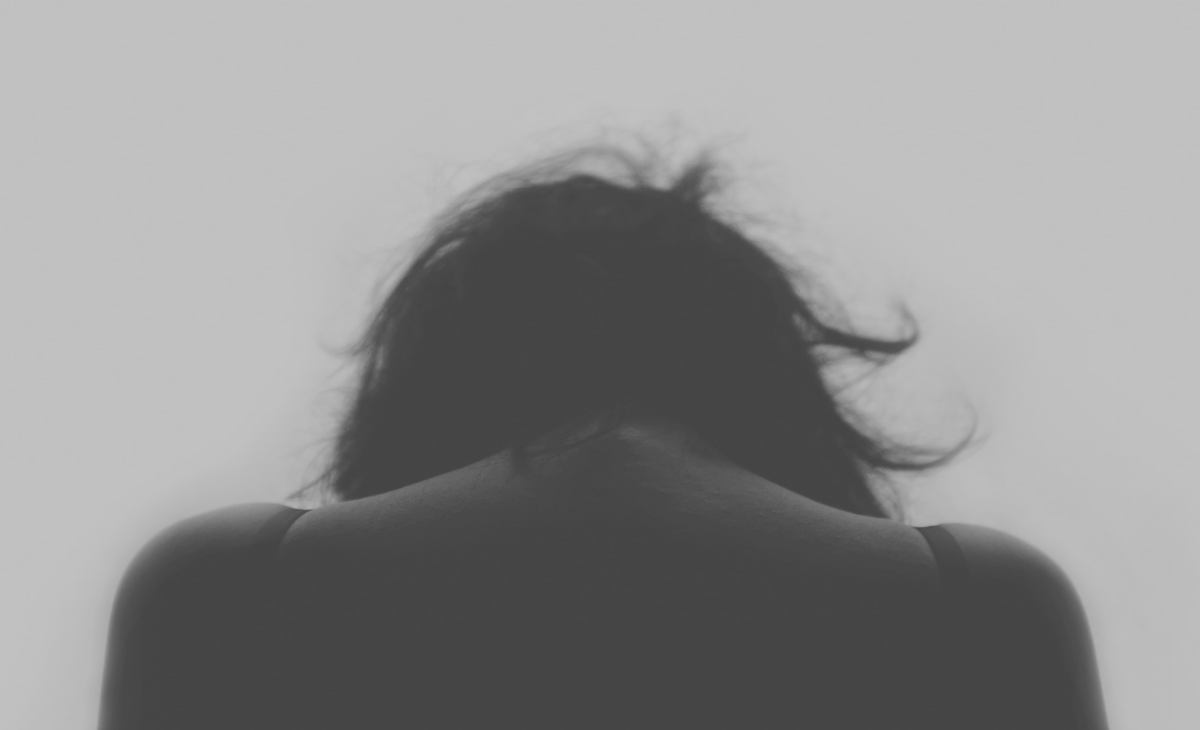Are you being abused at home?

“How can a man be abused?”, “Why doesn’t she just leave” are unfortunately some of the statements made by society when they hear of abuse. It must be stressed that anyone irrespective of their sex/ gender identity can be abused and although women are disproportionately affected by abuse, men too are abused daily. Furthermore, ending a relationship is never easy, and is even harder when you've been physically threatened, psychologically beaten down, financially controlled and isolated from your family and friends, hence many persons endure the abuse and continue to live with their abuser for a long time.
If you’re making a decision to leave, you may be feeling confused, uncertain, frightened, and torn. Maybe you’re still hoping that your situation will change or you’re afraid of how your partner will react if he discovers that you’re trying to leave. One moment, you may desperately want to get away, and the next, you may want to hang on to the relationship. Maybe you even blame yourself for the abuse or feel weak and embarrassed because you’ve stuck around in spite of it. Don’t be trapped by confusion, guilt, or self-blame. The only thing that matters is your safety.
Some people can be unaware that they are being abused, so here are some signs of abuse for you to recognize that you are in an abusive relationship:
- Physical abuse – hitting, slapping, shoving, burning, choking, throwing things
- Emotional abuse – belittling, blaming, gaslighting, isolating, accusing, controlling, monitoring, threatening.
- Sexual abuse – non-consensual touching, unwanted sexual demands, pressured/ coerced sex
- Verbal abuse – shouting, screaming, swearing.
Having recognized the abuse, you can take the following simple steps for your safety:
While you are living with the abusive partner:
- Know your abuser's red flags and stay alert for signs that your abuser is getting angry.
- Have a list of believable reasons to leave the house if you sense trouble.
- Identify safe areas of the house and know where to go if your abuser attacks or an argument starts. Avoid small, enclosed spaces without exits or rooms with weapons and if possible head for a room with a phone and an outside door or window.
- Establish a code word you can use to let your loved ones know that you're in danger and to call the police.
Before you leave:
- Find a safe space to live, open a personal bank account, pack belongings and vital documents, file the necessary police complaints, retain a lawyer to file for a protection and create a safe exit strategy.
As those who are abused, are at times unable to recognize that they are being abused, it is vital that friends and family can identify the abuse. If your loved one is showing the following symptoms, he/ she may be in an abusive relationship.
- Constantly irritable and defensive when questioned about their relationship.
- Defends their partner when he/she is evidently wrong
- They shut down easily, especially around their partner.
- Emotionally drained, drastic change in their behavior
- Finds it difficult to trust their own decisions, and their friends.
- Doesn’t pay much attention to their needs and self-care
If you are made aware that your loved one is being abused, you must immediately take the following steps:
- Tell them they are not alone and honour their decision irrespective if they want to stay or leave the abuser
- Remind them to document the abuse for purposes of evidence
- Help them create an emotional & physical safety plan.
- Help them find professional resources that will support them.
- Alert them to the legal aspects of the relationship and abuse
- Assist to find him/her a place to live
- Assist them to getting their financials in order so that they have a means to live
- Encourage them to leave as soon as they can
- Assist them to contact the helplines:
- Women's Help Line by the Ministry of Women and Child Affairs - 1938
- National Committee on Women, Complaints Center - 011 2 186063
- Women in Need - 011 2671411 / 011 2671401/ 0775676555 and 2SIX4 mobile app
- Police Children & Women Bureau - 0112 444 444
- Bureau for the Prevention of Abuse of Children and Women - 011 2186055
- Sisters at Law - 0112 076 985
- Equal Ground - 0112 075 121/ 0114 334 279
- Community Welfare and Development Fund - 0765 742 266 or 0774 719 137
- The National Transgender Network - 0760 455 850
Irrespective of your sex, gender identity or sexual orientation, you can reach out to the above mentioned organizations for assistance. If you are being abused, remember, you are not to be blamed for being battered or mistreated, you are not the cause of your partner's abusive behavior, you deserve to be treated with respect and you and your children deserve a safe and happy life. If you are willing to leave, there are resources and places to assist you, don't let fear of the unknown keep you in a dangerous and unhealthy situation.
.png)



